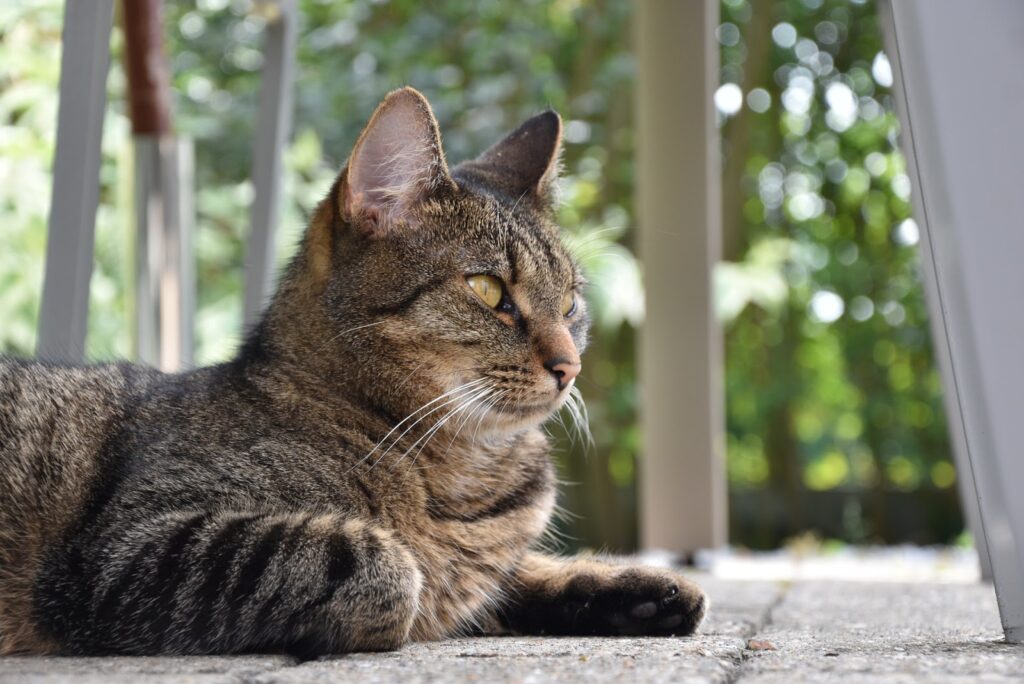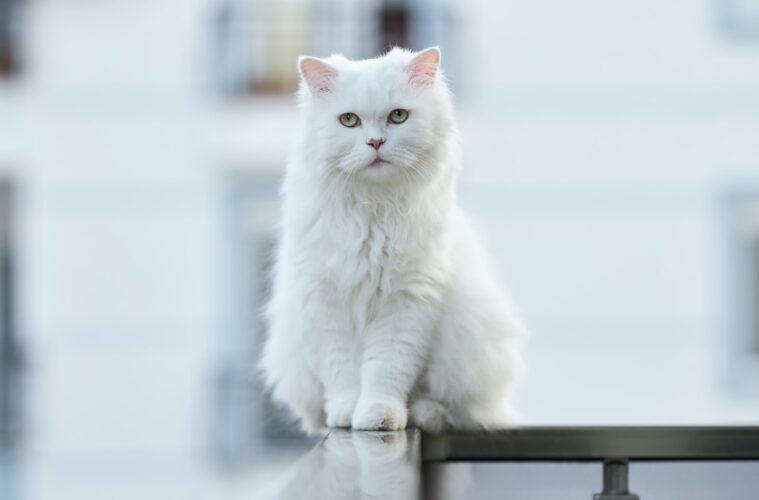Does the food you’re providing your cat meet required nutritional needs? As veterinarians continue to advance the relationship between diet and health, we are seeing reasons cats need proper nutrition to live a long, healthy life.
Food for Your Cat
It is now very essential to establish your cat’s feeding choice on good nutritional information. Whatever your choice of feeds, cats need some nutrients to survive. That is why we provided the best soft cat food options for you here. However, what matters most is that your cat gets Amino acids, fatty acids, carbohydrates, vitamins, minerals, and water in the right proportion, as a better understanding of how cats use the various nutrients in food and how much of them they need can help you choose a healthy diet for your pet.
Necessary Nutrients For Your Cat
Proteins And Amino Acids
As carnivores, cats derive most of their protein from meat, fish, and other animal products because it is suitable for their digestive system. Amino acids provide essential biologically active compounds and proteins. When some essential amino acids are deficient, it can lead to serious health problems. For instance, without sufficient arginine in the diet, cats may suffer from a toxic buildup of ammonia in the bloodstream because Arginine helps in the removal of ammonia from the body through urine.
Fats And Fatty Acids
Fats are a potent source of energy in a cat’s diet. They are mainly derived from animal fats and the seed oils of various plants and contain twice as much energy as protein and carbohydrates per gram. The quantity of fat in the cat’s diet can be reasonably high, with no known adverse effects. In many cat foods, 50% or more of the energy comes from fat as studies show that cat foods containing even higher amounts of fat are safe.
Energy Needs
Cats require a good measure of energy to sustain everyday activities, whether growing, lactating, or exercising through playing. Measured in terms of calories, energy comes from three major dietary components for cats, and they are carbohydrates, protein, and fats. Although cats don’t need carbohydrates much in their diet, it provides an abundant source of energy. Whenever your cat becomes ill, consult with your veterinarian because your kitty needs more energy at such times.
Vitamins
Vitamin deficiencies in cats can cause a variety of health problems. Cats cannot synthesize some vitamins from precursors (pre-vitamin structures) in the diet. For example, cats need to get all the vitamin A and niacin they need directly from the food they eat because cats cannot synthesize some vitamins directly from the diet. When vitamin A is deficient, it can affect the health of the eyes. While adult cats lacking niacin in the diet may lose weight and can die.
Minerals
There are twelve minerals that are essential nutrients for cats. They are calcium potassium, sodium, and more.
Calcium and phosphorus are essential for strong bones and teeth. While magnesium, potassium, and sodium, are crucial for nerve impulse transmission, muscle contraction, and cell signaling.
Talk to a cat nutritionist because they must take these minerals in the right proportions. For example, excess magnesium in a cat’s diet causes the formation of stones in the urinary tract.
Choosing Food And Feeding Practices For Your Cat
The Feline Nutrition Expert (FNE) Subcommittee of the Association of American Feed Control Officials (AAFCO) has established a basic nutritional requirement for cats which manufacturers in producing cat foods. That is why pet food makers produce cat foods that give your cat the correct balance of nutrients and calories. However, commercial cat foods come in a variety of forms and types, which are; dry, semi-moist, and canned.
The moisture content of these foods ranges from 6 to 10% for dry, 15 to 30% for semi-moist, and 75% for canned. Most canned food has relatively more fat and protein and fewer carbohydrates than dry and semi-moist food and contains much higher levels of animal products.
Keep in mind that your cat’s nutritional requirements will change through different stages of growth from a kitten, to adulthood, pregnancy, and lactation. So ensure that the nutritional notes on the cat food label should state the stage of a cat’s life cycle for which the food is complete and balanced and that it meets the AAFCO’s requirement.

When your cat gets the right quantity and mix of these essential vitamins, minerals, and other nutrients, it loves you more and lives a longer and happier life.


